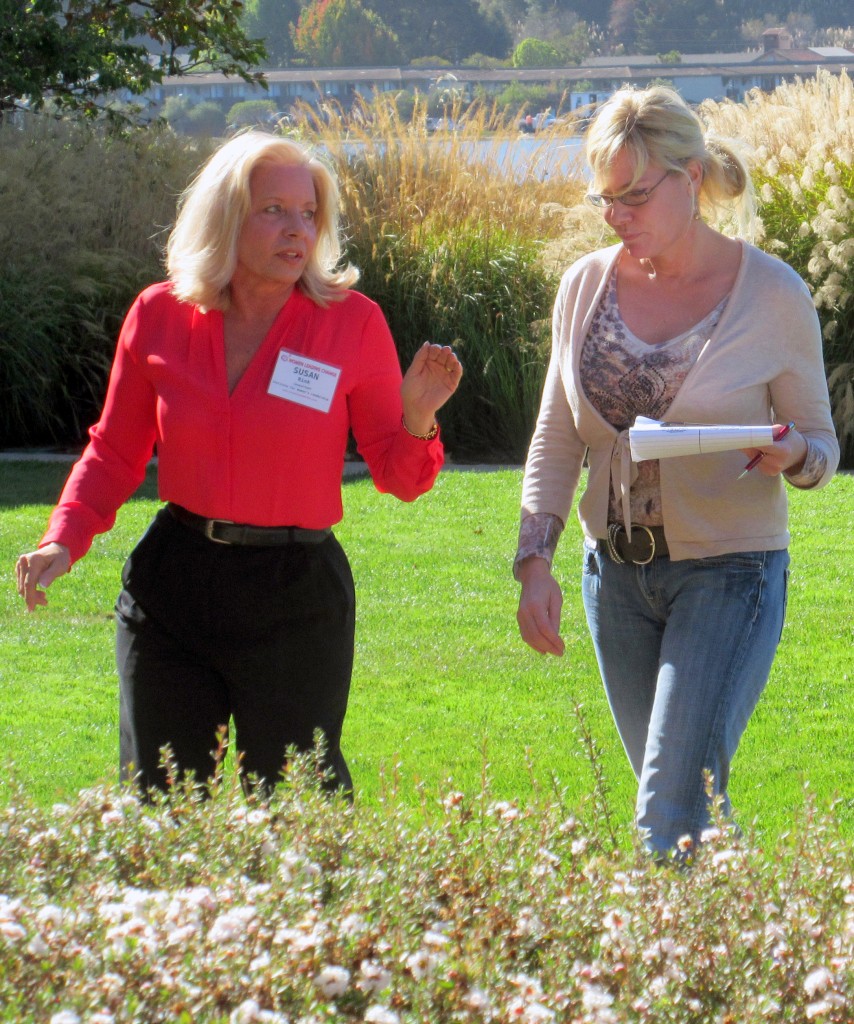A Revolutionary Approach to Leadership
For 25 years, we have been partnering with multinational corporations, federal governments, global nonprofits, and emerging businesses to help them achieve ambitious and sustainable goals.
Our methodology, Leading by Context™, has been featured in the national media as “a breakthrough approach” to enable individuals and organizations to move from great to extraordinary. Our consultants are among the best in the industry and are described by our clients as being “the easiest and best we’ve ever worked with.”

Susan Elliott-Rink advises an attendee of our Women Leading Change program
We rely on a deep and trusting partnership with our clients to co-create solutions that are cutting-edge, pragmatic, and sustainable.
Consulting
We consult with leaders seeking to effect breakthrough change in their organizations. Our solutions address business challenges and organizational performance, and empower people to produce unprecedented results quickly.
We also consult in the following areas:
- Conference Design
- D&I Strategy
- Succession Planning
- Talent Review
Executive Coaching
Our executive coaching offers advice and support in four specialty areas.
- Diagnostics and Problem-Solving
- Gender Partnership™ Coaching
- Mastering Large-Scale Change, including Gender Partnership™ Initiatives
- Breakthrough Coaching
We also do mediation and conflict-resolution coaching.
High Performance Facilitation for Gender Partnership™ Initiatives
We have worked successfully with some of the largest organizations in the world to design, build and grow their Gender Partnership Initiatives.
Using our proprietary methodology, we move from diagnostic, to prescription and then to execution of transformative strategies for enabling the full advancement and contribution of women leaders in partnership with their male allies.
We work with executives to remove unconscious bias and organizational obstacles and specifically tie the empowerment of women and Gender Partnership™ to achieving significant bottom line business results.
